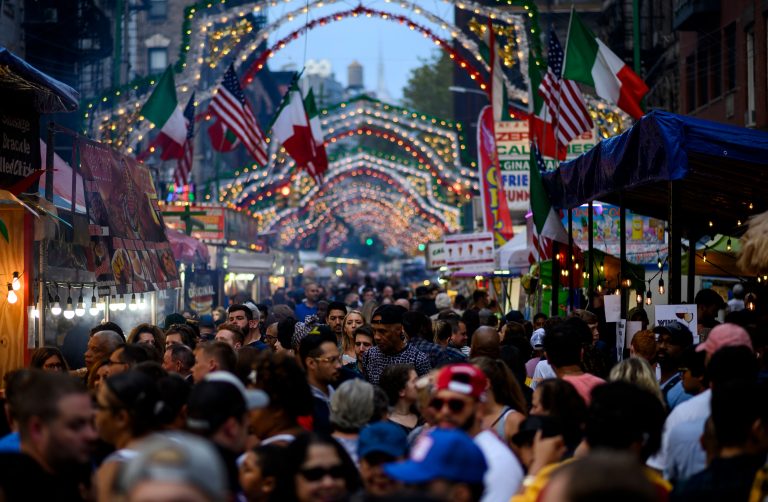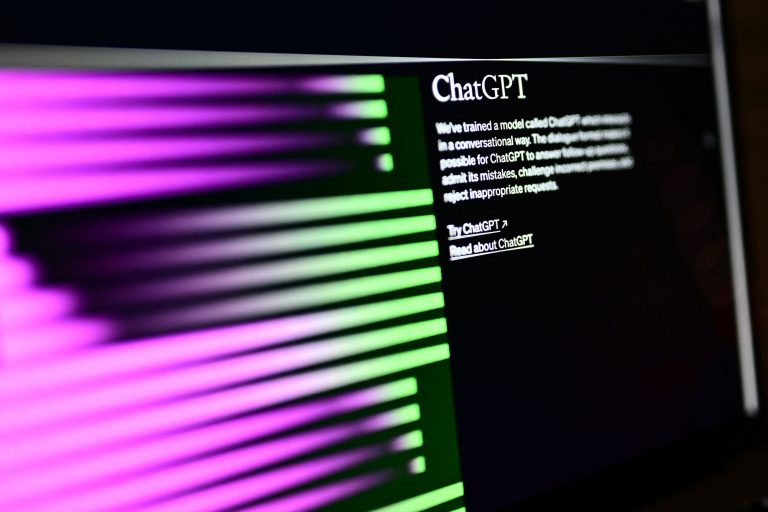Merchants in New York City’s iconic Little Italy district are up-in-arms after learning that business leaders in their neighboring Chinatown were awarded a $20 million economic and tourism grant, a grant that civil leaders in Little Italy said they weren’t even asked to apply for.
The grant was championed by New York State Gov. Kathy Hochul and was intended to help businesses grapple with the fallout of the COVID-19 pandemic. It was first announced in a press release issued from Hochul’s office in November, 2021.
“Chinatown serves as a beacon of cultural richness and diversity, not just for New Yorkers, but for the entire world,” Hochul said at the time.
In a letter to Hochul on March 8 Victor Papa, chairman of the Chinatown-Little Italy District Improvement Association wrote, “After what our nation has experienced in the most recent past concerning issues of equity, who would believe that the State of New York would favor one ethnic Manhattan community, in this case Chinatown, to the detriment by exclusion and apart from its neighboring ethnic community, Little Italy?”
Papa continued, “Unfortunately, residents, leaders, and merchants of Little Italy were not invited to be part of the application, and thus a whole ethnic community can be considered as excluded, with many of its businesses facing financial hardships and potential closings and bankruptcies.”
Success
You are now signed up for our newsletter
Success
Check your email to complete sign up
“The letter was co-signed by other Little Italy businessmen — including Ernest Lepore, president of Ferrara bakery on Grand Street, and the ‘Cannoli King’ John ‘Baby John’ Delutro, who owns Caffe Palermo on Mulberry Street,” the New York Post reported.
The group argued in their letter that Little Italy should have been granted a “seat at the table” and afforded an “equal voice” concerning the multi-million dollar grant opportunity considering their community experienced an equally distressed economic situation as Chinatown.
The two districts have become so intertwined over the years that they’ve been designated a combined historic district dubbed the “Chinatown and Little Italy Historic District.” Some streets in the neighborhood even have both Chinese and Italian stores and restaurants on them.
Papa said that following the controversy the relationship between the two districts has become strained saying that the two hoods have now been “seriously compromised with seething, underlying resentment, which any Governor should seek to immediately mitigate.”
The original grant application was submitted by former Manhattan Borough President Gale Brewer — now a councilwoman representing the Upper West Side — who said that the financial assistance for Chinatown was intended to help the neighborhood recover from the anti-Asian bias that emerged during the beginning of the COVID-19 pandemic.
“All I was thinking about was addressing the Asian hate. Asian discrimination was one of the reasons I wrote the grant. I was really proud to get that money for the Chinatown community,” Brewer said, adding that Chinatown had become a ghost town, as early as January and February 2020. “Chinatown got hurt badly,” Brewer said.
According to the New York Post Hochul says the funds will be used, “to create a new arts and cultural space, improve connectivity, increase housing and expand green space to attract tourists and create a culture home for the 1.2 million Asian American Pacific Islanders living in the metropolitan area.”
Following inquiries by the New York Post over the weekend, Hochul’s team, Brewer and Little Italy activists will be meeting to address grievances.
“I spoke to the governor’s office. Little Italy will have a seat at the table. Money has not been released,” Brewer said.
















